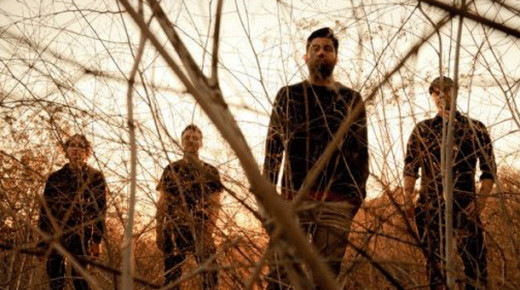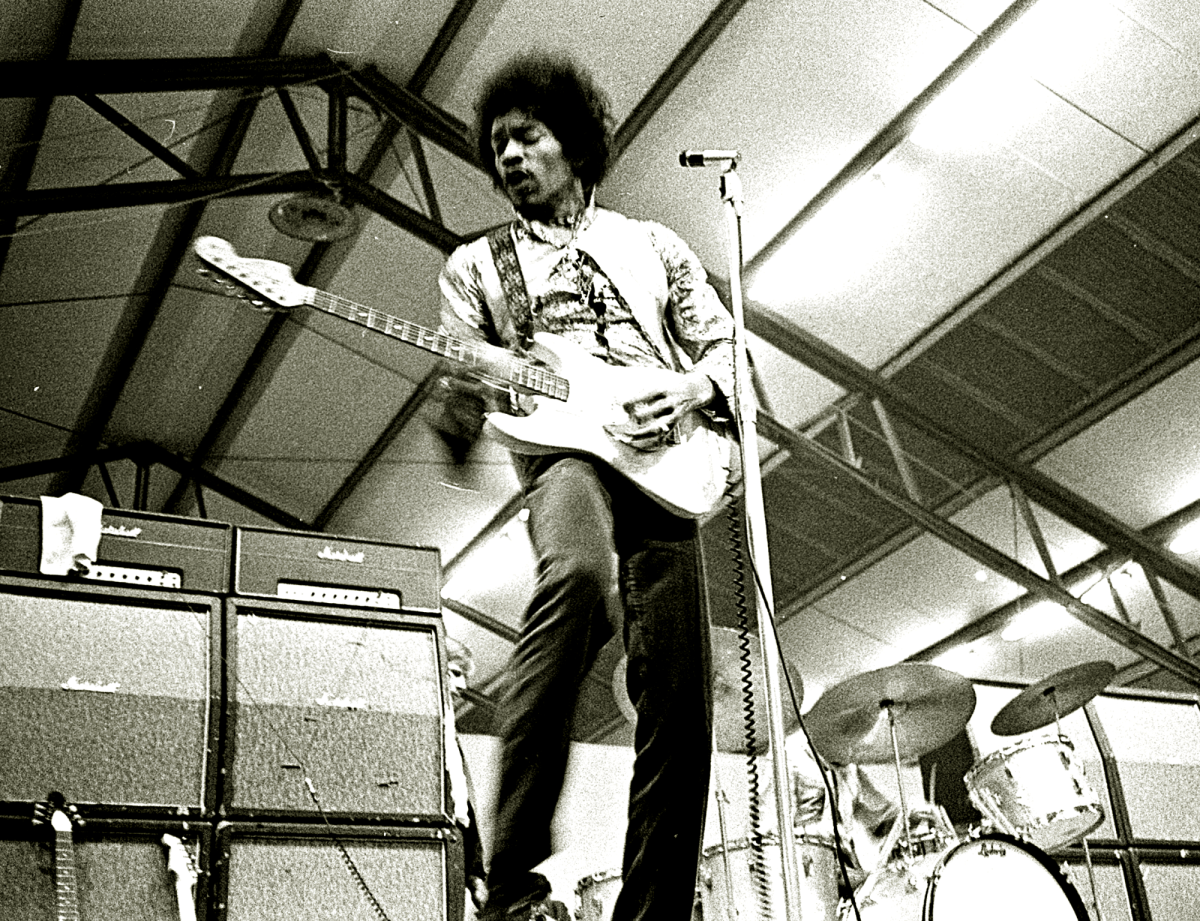Isis & Palms: Metal Masterpieces For A Modern Age

New Circuitry And Continued Evolution
Isis was a Los Angeles-based post-metal band whose career spanned from 1997 to 2010. Their music consists of lengthy tracks that focus on evolution of structure via repetition - or, as I like to call them, "metal symphonies".
Isis disbanded in June 2010, right before they released a split EP with the Melvins. However, Temporal would be the band's final album release, which contained various demos, unreleased tracks and remixes throughout the band's history, including the tracks Way Through Woven Branches and The Pliable Foe, originally included in the Isis/Melvins split EP.
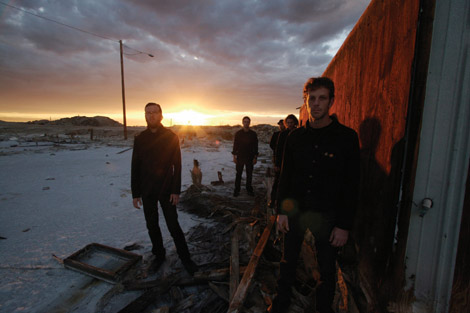
"Isis formed as a result of the dissatisfaction with past bands of the founding members. None of us were happy with what we were doing musically at the time, two of us lived together, we had similar tastes and similar record collections." - Aaron Turner
After a few sessions of experimentation in Boston, Massachusetts, friends Aaron Turner (guitar/vocals), Jeff Caxide (bass guitar), Aaron Harris (percussion), and Chris Mereschuk (electronics/vocals) officially formed Isis in late 1997.
Mereschuk would leave the band after an East Coast tour in the summer of '98, allowing Randy Larsen of Cable (guitar) to join in his stead. However, Jay Randall (Agoraphobic Nosebleed) briefly replaced Larsen to work on Red Sea (1999). Isis then recruited Bryant Clifford Meyer (guitar/keyboard) and Michael Gallagher (guitar) in '99.
After the release of Celestial and its sister EP SGNL>05, ISIS gained national attention in the underground metal scene, alongside tours with Cave In and Neurosis. The band kept this lineup until their dissolution in 2010.
Although its sound is dynamically different from the albums that follow, you can listen to Celestial right here, or sample my favorite track from the album.


Oceanic
The group's follow-up album, Oceanic, would see Isis apply new characteristics to their music comparable to post-rock and ambient music, which significantly aided in the birth of the post-metal genre, which reviewers and fans alike saw as logical progression.
Oceanic revisits the water and female themes of Red Sea and Celestial through a story: On the brink of emotional numbness, a man finds a female counterpart to complete him (The Beginning and the End). Unfortunately, he discovers she has had an incestuous relationship (False Light, Weight) with her brother (Hym, The Other). Once again deprived of hope, he commits suicide via drowning ("from sinking sands, he stepped into light's embrace").
This story is also described in the album's booklet, albeit in hazier terms. You can listen to the album in its entirety below.
The Beginning And The End



Panopticon
The album's title, Panopticon, is derived from Jeremy Bentham's panopticon prison ideal and Michel Foucault's later allegorical analysis of the concept. The liner notes also include quotes from futurist Alex Steffen and tech writer Howard Rheingold.
Panopticon's focus is on the proliferation of surveillance tech throughout society and the government's role in spreading it.
Altered Course
"Panopticon came out a couple of ideas that had been kicking around in our heads for some time, but the bulk of it was composed after we decided that it was time to do a new record. The writing process consisted mostly of an individual starting the core of an idea for a song at home then either pairing off with someone else or bringing it to everyone where it was worked on and refined until everyone was satisfied” - Michael Gallagher
“...everyone wrote a lot on this record. There is not one song that could be credited to one person”. - Jeff Caxide
Enjoy the entire album above, or check out the official In Fiction video below.
We Cannot Hide Ourselves


In The Absence Of Truth
In The Absence Of Truth expands on the group's previous album, Panopticon, adding new elements of electronics, song structure, drumming complexity, and Aaron Turner's vocal techniques, which previously relied more on screaming and growling than melodic singing.
This album is dynamic, ranging from extended musical ambience to near tribal drumming, making this Isis' longest record at nearly 65 minutes.
Firdous e Bareen and Garden of Light reference Hassan-i-Sabah's notorious garden, while Dulcinea references a character from Don Quixote. In relation to Dulcinea, Aaron Turner stated;
"That is just toying with the idea of perception, and the very thin line between illusion and reality".
My Life, My Death
More stellar tracks from In The Absence Of Truth:

"Isis have been onto something from the very beginning and got to the edge of the abyss with Oceanic. Panopticon took an oppressive yet wonderfully curious view of its surroundings. In the Absence of Truth takes them into its dark heart squalling, whispering, crawling, drunkenly falling into its center, punching, screaming, and kicking until there is nothing left but silence. This is rock in the 21st century, anything less is cowardice." - Thom Jurek

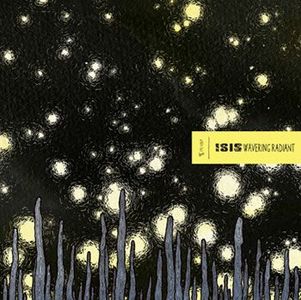
Wavering Radiant
Considered by many to be the group's finest work, Wavering Radiant keeps with the band's penchant for concept albums, this one dealing with themes of Jungian psychology and dreams.
Talented producer "Evil" Joe Barresi (Tool, Queens of the Stone Age) gets his share of the credit for the album's success.
According to Aaron Harris;
"[Joe] brought out some aspects of the band that even we didn't fully understand."
Harris estimates that the creation and execution of the album, from conception to final release in '09, took nearly two and a half years. All of Isis' members were living in LA at the time, a stark contrast to In The Absence Of Truth's creation, where the band was split between the East and West coasts.
"Rather than feeling like we had limited time to capture something, I felt like we could take our time with the songs, and come back the next day to work on things rather than in a few weeks." - Aaron Harris
Check out the phenomenal final track on the album below.
Threshold Of Transformation
"The symbolism that comes up in dreams and the archetypal things that you discover in the process of self dream-analysis are things that have been recurrent throughout history in tons of different people from all walks of life and from all corners of the globe. So, in that way, it's not only an exploration of self, but an exploration of humanity." - Aaron Turner via Decibel #56
When asked to describe the album in three words, Aaron Turner replied it is a "path of exploration".
Carl Jung's 1961 work Memories, Dreams, Reflections was the main source of inspiration for Turner, as noted in his blog which preceded the album's release.
Aside from Jung, Turner spoke about how closely the album is related to dreams. He kept a dream journal during the album's compositional phase, and previously gave up smoking marijuana in '08, which enabled him to more clearly remember his dreams and "tap into an internal consciousness".
Wavering Radiant's official lyrics, originally deemed indecipherable, were revealed in celebration of the first anniversary of the album.
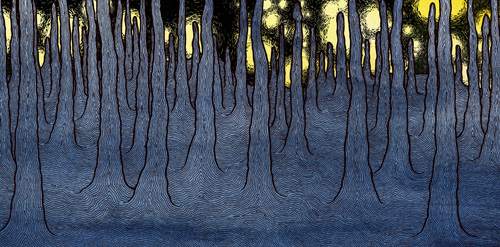


Temporal
The band's last release, Temporal, contains eleven demos, two covers (Black Sabbath & Godflesh), two remixes, a two-minute title track, an acoustic version of 20 Minutes/40 Years, and the tracks featured on the Isis/Melvins EP.
The album also includes a DVD featuring all five of the band's official music videos.
Enjoy the title track, and another one of my favorites below!
Way Through Woven Branches



Palms
Formed in 2011, Palms features Deftones vocalist Chino Moreno and three members of Isis - Jeff Caxide, Aaron Harris and Bryant Clifford Meyer.
After the dissolution of Isis in 2010, Meyer, Harris, and Caxide decided to continue making music together. Chino Moreno would join the band later, and said he was always a fan of Isis.
"I've always dug the moods these dudes convey with their sound. I am excited to combine my sense of creativity with theirs, and to have fun doing so." - Chino Moreno
Enjoy this result of this beautiful creation below:
Antarctic Handshake
"I think a lot of people are expecting this to sound like Isis with Chino singing. That's not what this is, because that's not exciting.... When we were writing these songs, I was coming up with ideas that I would never have presented to Isis. I don't want to call this 'pop music,' but it's more in that vein than anything I've ever done." - Jeff Caxide, Decibel #95
